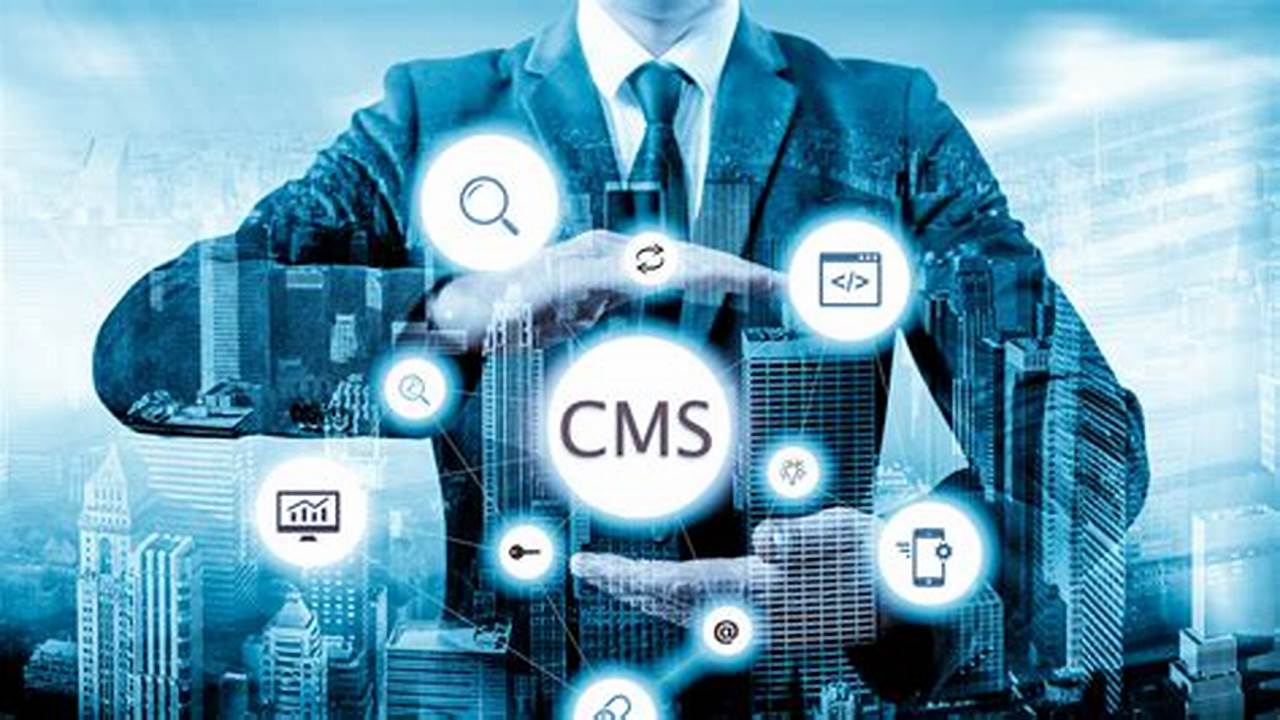Selecting a content management system (CMS) is a critical decision for any website project. The right CMS empowers users to manage website content effectively, without requiring extensive technical expertise. Choosing wisely leads to a streamlined workflow, improved search engine optimization (SEO), and ultimately, a more successful online presence. This article explores key factors to consider when evaluating various platforms and provides guidance on selecting the optimal solution for specific needs.
Content Management Needs
Assess the type of content, its complexity, and future growth projections. A simple blog requires different functionality than a large e-commerce platform.
Technical Expertise
Consider the team’s technical skills. Some systems require more coding knowledge than others.
Scalability and Flexibility
Choose a CMS that can adapt to evolving needs and accommodate future website expansion.
SEO Friendliness
Ensure the CMS supports best practices for search engine optimization, including clean URLs and customizable metadata.
Security Features
Website security is paramount. Select a CMS with robust security features and regular updates.
Integration Capabilities
Evaluate the CMS’s ability to integrate with other essential tools, such as email marketing platforms and CRM systems.
Community and Support
A strong community and readily available support resources are invaluable for troubleshooting and seeking assistance.
Cost Considerations
Factor in both upfront costs (licensing fees) and ongoing expenses (hosting, maintenance, and extensions).
User Experience
The CMS should offer an intuitive and user-friendly interface for content creators and administrators.
Tips for Choosing a CMS
Test Drive Different Options: Utilize free trials or demos to explore various platforms firsthand.
Read Reviews and Comparisons: Gain insights from other users’ experiences and expert opinions.
Consider Long-Term Goals: Align the CMS choice with the overall website strategy and future aspirations.
Consult with a Web Developer: Seek professional guidance for complex projects or specific technical requirements.
Frequently Asked Questions
What is the easiest CMS to use for beginners?
Several user-friendly CMS options cater to beginners, offering intuitive interfaces and minimal technical requirements.
How can I determine the best CMS for e-commerce?
E-commerce-focused CMS platforms provide specialized features for online stores, such as product management, payment gateways, and shipping integrations.
What are the advantages of using a headless CMS?
Headless CMS architectures offer enhanced flexibility and allow content delivery across multiple channels and devices.
How important are regular CMS updates?
Regular updates are crucial for maintaining security, improving performance, and accessing new features.
Can I migrate my website from one CMS to another?
Website migration is often possible, though the complexity varies depending on the specific platforms involved.
What are some popular open-source CMS options?
Several popular open-source CMS platforms offer flexibility and cost-effectiveness, allowing for customization and community-driven development.
Choosing the right CMS is a foundational step in establishing a successful online presence. By carefully considering these factors and investing time in research and evaluation, businesses and individuals can select the optimal platform to empower their digital endeavors.



